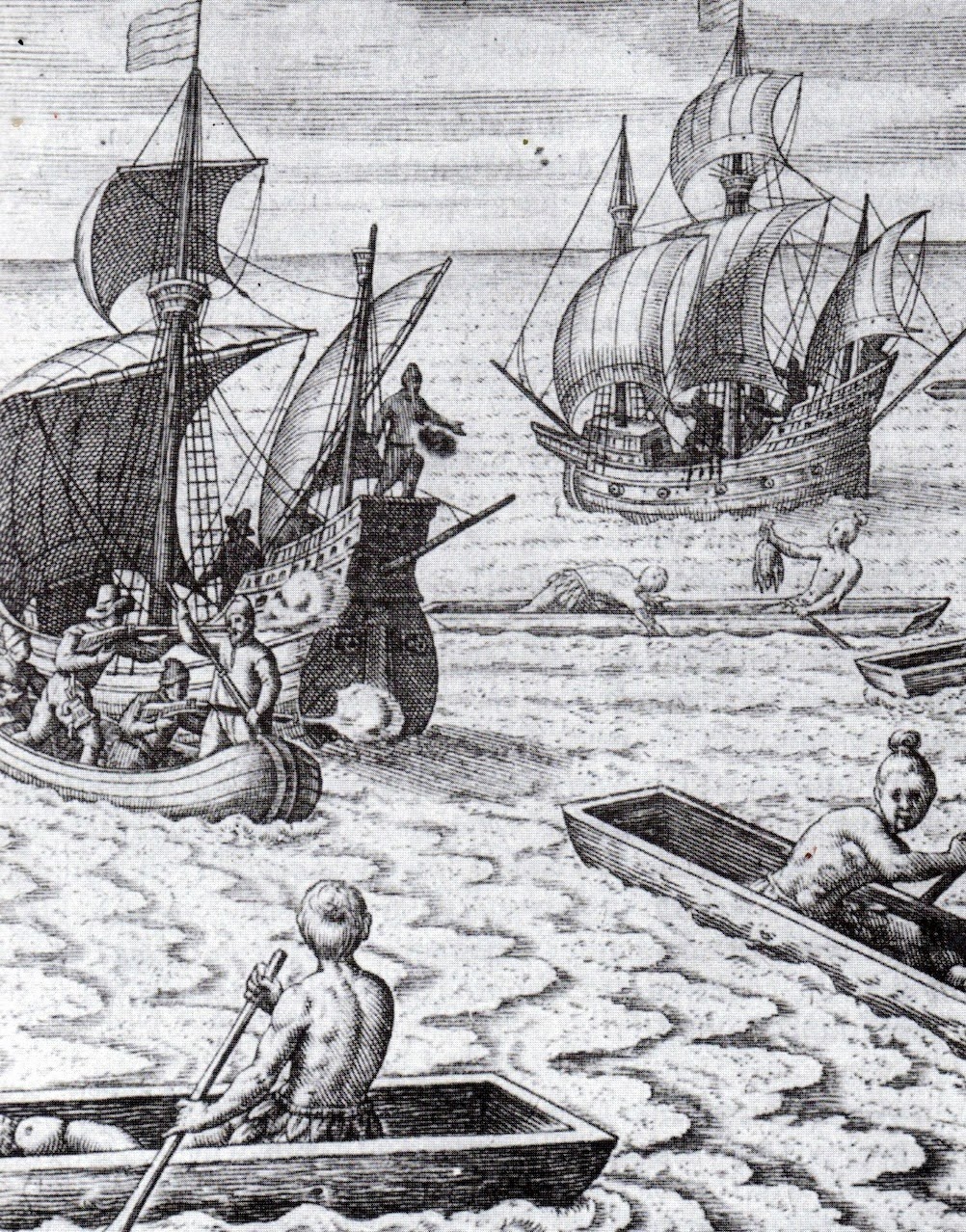Proud to Be Political
This video is very inspiring. It captures well a type of native nationalism, born from culture and heritage, but containing political elements. The relationships between the cultural and the political is something that I have written about endlessly on this blog. I even featured some discussion on it in my dissertation because so much of the way I see Chamorro life and the lives of so many indigenous people operating today revolves around the relationship between that which is deemed political and that which is deemed cultural. When the world was cut into pieces with meat sucked from the bones of so many native peoples the new world born from that violence was divided in fundamental ways, usually conceived in binary ways, which the positive being the purview of those with guns, steel, crosses and flags and whatever was left sticking to those who lost land, language, culture and lives. In the world of today, this "modern" world, those who lost that carving up of the world ar





